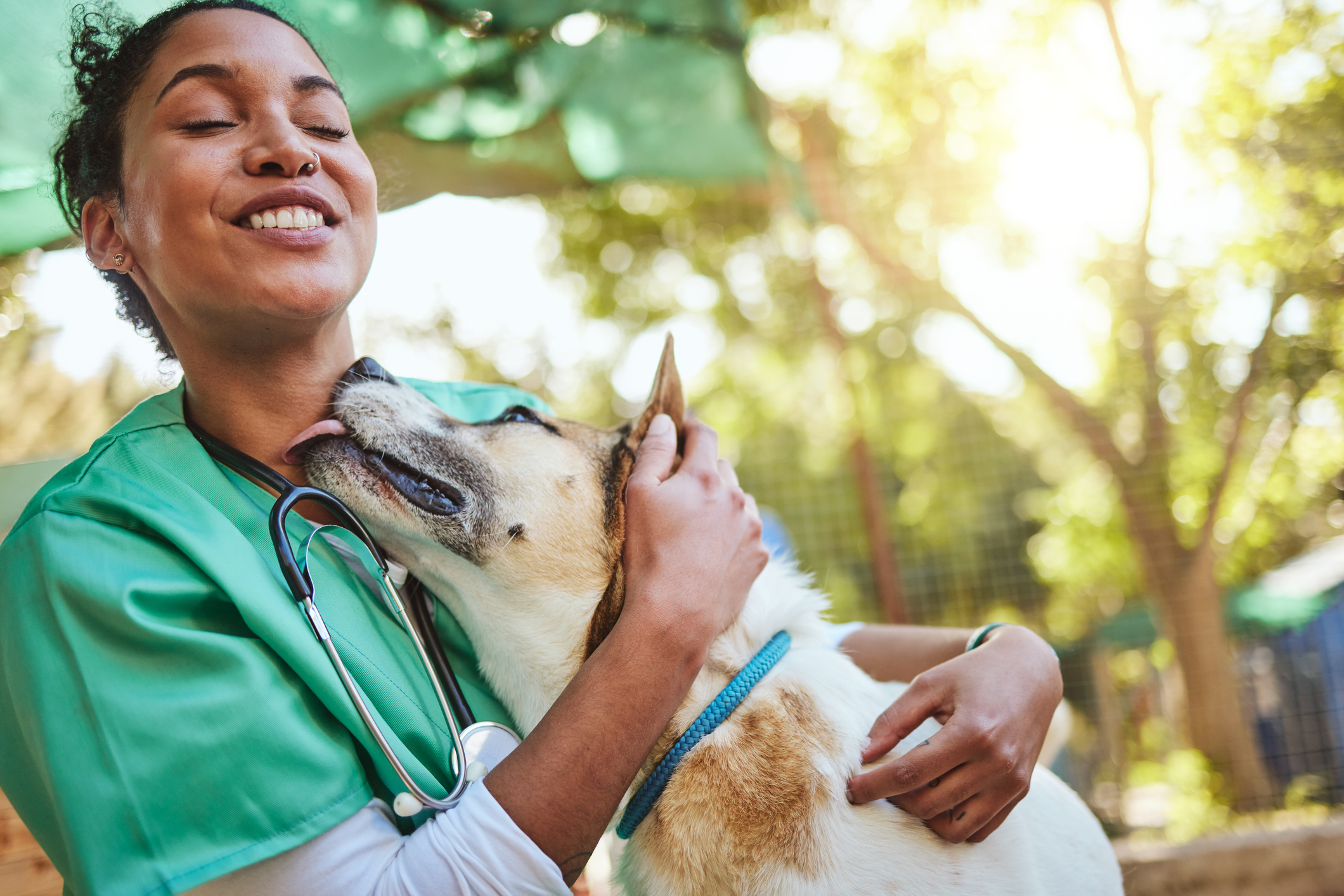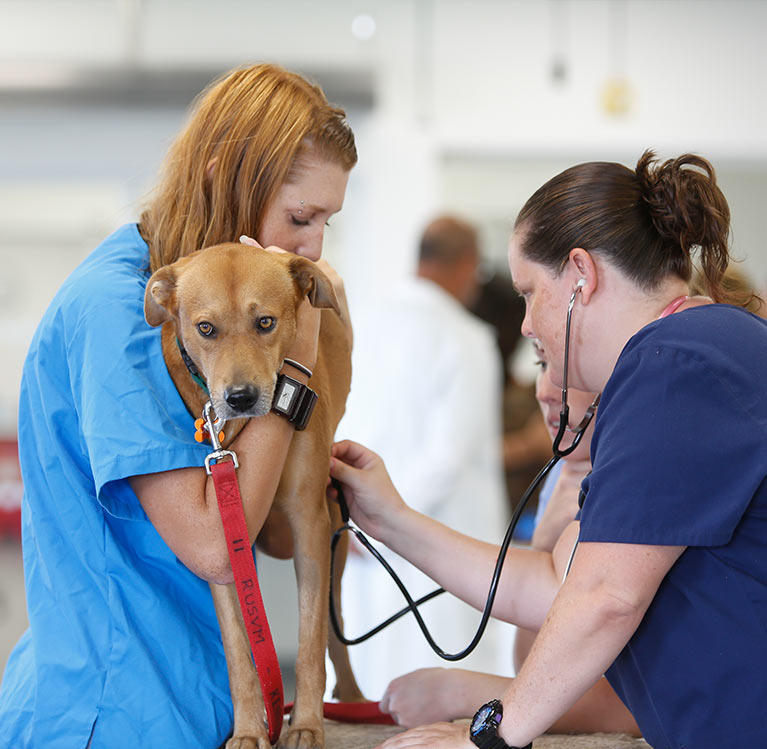Just How Vet Greensburg Is Leading the Way in Advanced Veterinary Treatment
Just How Vet Greensburg Is Leading the Way in Advanced Veterinary Treatment
Blog Article
Specialist Tips for Family Pet Nourishment From a Veterinarian
Comprehending the nutritional requirements of pet dogs is critical for their total health and wellness and durability. Veterinarians advise a well balanced diet that satisfies specific aspects such as type, activity, and age degree. Yet, with the multitude of pet food options readily available, pet owners frequently locate themselves navigating a landscape rife with false information and myths. As we discover vital pointers from veterinary specialists, it becomes noticeable that proper nourishment is not merely regarding what is fed but entails a deeper understanding of each family pet's unique requirements. What key insights could change your approach to family pet nutrition?
Recognizing Nutritional Requirements
Recognizing the dietary needs of animals is essential to guaranteeing their total wellness and well-being. Much like human beings, animals need a well balanced diet plan that gives essential nutrients, including proteins, fats, minerals, vitamins, and carbohydrates. These nutrients play vital functions in different bodily functions, such as energy production, immune reaction, and tissue repair work.
They are made up of amino acids, some of which are crucial and need to be acquired from food. Carbohydrates serve as a primary power resource and can support digestive wellness when they consist of fiber.
Minerals and vitamins are needed for metabolic processes and keeping general health and wellness. Each pet might have special needs based on factors such as age, type, activity level, and health standing. It is necessary to consult with a vet to identify the specific nutritional requirements customized to your pet dog's specific demands, guaranteeing they receive optimal nourishment throughout their life phases. Appropriate understanding and attention to these dietary parts can dramatically contribute to a pet's long life and lifestyle.

Selecting the Right Food
Choosing the suitable food for animals is a vital aspect of meeting their dietary demands. It is important to think about elements such as age, breed, health, and dimension status when picking a pet dog food. Young puppies and kittens require solutions that support growth and growth, while grown-up family pets need well balanced diet plans that keep their health and wellness. Senior family pets may profit from foods created to address age-related concerns, such as joint health and wellness or weight management.
When assessing pet dog food options, try to find items that meet the Association of American Feed Control Officials (AAFCO) criteria, which ensure that the food offers full and balanced nutrition. Components need to be premium, with actual meat as the primary source of healthy protein. Stay clear of foods with excessive fillers, artificial additives, or by-products, as these can detract from the general dietary worth.
Consulting with a vet can provide tailored suggestions based on your pet dog's particular requirements. Furthermore, transitioning in between foods must be done progressively to stay clear of gastrointestinal upset. By taking these steps, pet owners can make sure that they are supplying their fuzzy buddies with the most effective feasible nourishment for a delighted and healthy and balanced life.
Usual Misconceptions Concerning Animal Food
Disproving false impressions bordering pet food is important for guaranteeing optimal nourishment for our fuzzy companions. One widespread myth is that all grain-free diets are premium for pets.

Furthermore, several pet dog proprietors think that "costs" or "all-natural" tags ensure better. Nevertheless, these terms are often uncontrolled and do not always show premium dietary worth. It is vital to scrutinize ingredient lists and dietary accounts rather.
Unique Factors To Consider for Various Breeds
When it comes to pet nourishment, special considerations have to be taken right into account for different types, as each breed can have unique nutritional requirements and sensitivities. Large types such as Fantastic Danes and Saint Bernards are vulnerable to musculoskeletal concerns and might benefit from diet regimens formulated to sustain joint health, usually featuring active ingredients like glucosamine and omega fatty acids. Conversely, tiny types like Chihuahuas may call for higher calorie thickness to meet their power levels, requiring solutions that are rich in nutrients however reduced wholesale.
In addition, certain breeds may be inclined to specific health and wellness problems, such as food allergies or level of sensitivities. Types like Labrador Retrievers may battle with excessive weight, requiring cautious section control and a balanced diet regimen to preserve a healthy and balanced weight. On the various other hand, breeds such as Dachshunds may be a lot more susceptible to spine problems, motivating a need for diet plans that advertise spine wellness and weight management.
Ultimately, comprehending these breed-specific dietary demands is crucial for animal owners. Consulting with a veterinarian can aid in selecting one of the most proper diet tailored to an individual family pet's type, wellness, and age condition, making sure optimum nourishment and health.
Relevance of Normal Vet Exams
Recognizing the one-of-a-kind nutritional demands of various breeds is just one aspect of liable pet dog possession; normal vet examinations play an important role in maintaining general health and wellness. These check-ups are vital for early detection of wellness concerns, making sure that any type of potential problems are resolved prior to they end up being major. Regular visits permit vets to monitor your pet's weight, oral health and wellness, and important indicators, which are critical signs of overall health.
Furthermore, routine exams allow veterinarians to give customized nutritional suggestions based read review on your pet's private health standing - Animal Hospital Greensburg. As animals age, their nutritional demands might alter, and adjustments might be necessary to protect against weight problems or nutrient shortages. Preventive treatment, including inoculations and parasite control, is likewise an essential part of these sees, guarding your pet dog from different diseases
In enhancement to checkups, these visits offer an exceptional chance for family pet proprietors to review behavioral adjustments or concerns regarding their pet dog's eating routines. By focusing on regular veterinary exams, pet dog owners can make sure a much longer, healthier life for their furry buddies, inevitably enhancing their high quality of life.
Final Thought
In verdict, guaranteeing ideal family pet nourishment requires an extensive understanding of private nutritional demands, appropriate food selection, and understanding of common misconceptions. Unique factors to consider for numerous types have to be made up, and regular veterinary examinations play a crucial function in keeping an eye on wellness and nutritional adjustments. Abiding by AAFCO requirements and seeking advice from with veterinarians prior to making dietary adjustments will certainly boost the health of pet dogs, inevitably adding to their long life and top quality of life.
With the plethora of pet dog food alternatives readily available, pet proprietors usually locate themselves browsing a landscape swarming with misinformation and myths. Each pet may have one-of-a-kind demands based on aspects such as age, breed, activity degree, and wellness standing. It is necessary to think about elements such as age, breed, dimension, and wellness standing when selecting a pet food. Elderly family pets may profit from foods developed to deal with age-related problems, such as joint health or weight administration.
Recognizing the special dietary demands of different types is only one aspect of liable i loved this family pet ownership; normal veterinary check-ups play a crucial role in keeping overall wellness.
Report this page